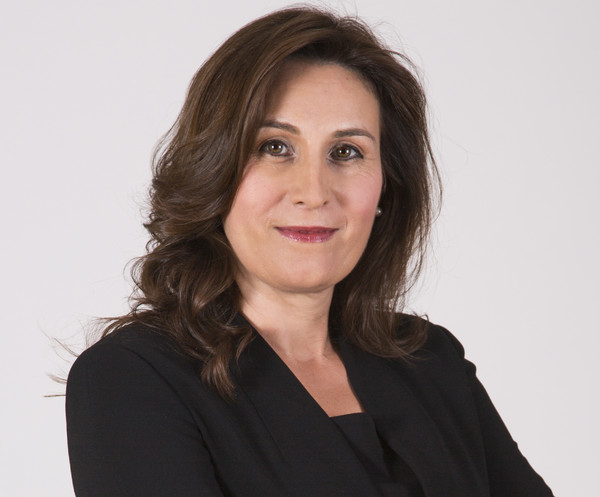How would you describe the key role of the ISU?
To be the credible, trusted and unified global voice of its members who facilitate world trade by providing marine services which save life, protect the environment, mitigate risk and reduce loss.
We promote the value of the professional salvor. Our members have their own equipment, and experienced salvage experts and strong track-records of delivering successful services. We represent our members in discussions with key stakeholders – like insurers – on matters which affect the whole industry. We want people in shipping and the insurance industry to know the critical role that salvors play in maritime emergencies.
You are ISU’s first female president, how did you feel when you took on the role?
For me it is a great honour to be president of the ISU. I have also been the chair of the European Tug Owners’ Association and I think these organisations are very necessary and bring value not only to their members but also to the stakeholders who, collectively, rely on our services.
I am only one in a line of ISU presidents who have been trying in the past few years to modernise the ISU and improve its standing in the shipping and insurance industry, and my predecessors have built strong foundations for me to work from.
Do you see yourself as a role model to encourage more women into senior shipping positions?
I do not believe that I am a role model at all. I think any person working hard and effectively in their job has the opportunity to succeed in our industry. But if my position helps to encourage more women to work in shipping, that is more than welcome.
What is your agenda during your tenure as president?
I want to promote our association and the value and benefits of the services offered by our members. In particular, I recognise the need to maintain and build relations with insurers – hull, cargo and liability – as well as with shipowners, managers and regulatory bodies such as European Maritime Safety Association (EMSA), International Maritime Organization (IMO) and authorities in general.
ISU is currently thinking deeply about its position in the industry and we know that we need to make a significant increase in representation and engagement with key stakeholders.
Can you outline the main challenges facing today’s salvors?
Salvors face significant commercial challenges. There are fewer major jobs; shipping has been depressed for a number for years and there is intense competition. The competition comes from among the members of ISU and from other sources such as the under-utilised offshore sector and “consultants” who do not have their own equipment but put together packages for a particular job. The levels of competition are forcing contactors to work on unfavourable terms which runs the risk of eroding the provision of professional salvage capability worldwide.
We also face the difficulty of salving mega-ships - containerships are a particular challenge - but LNG carriers, cruise liners and ore carriers have all grown to huge sizes in the last two decades. Fire on containerships is a big concern and we share IUMI’s desire to see progress on this issue.
Could salvors and marine insurers work together more effectively?
In fact, we are working very hard together but to be more effective we should arrange more informal discussions and contacts to understand both parties’ needs, align and serve those needs. And we all need to reach out to the younger members of our industries to ensure that, in an era of fewer incidents, they still understand the basics of casualty management from the salvage, operational, legal and insurance perspectives. Shared knowledge builds trust.
How do you view the relationship between ISU and IUMI?
I sincerely believe we are improving our relationship day-by-day and ISU wants to be a good partner with IUMI at trade association level and we want our members to be the perfect partners for insurers to mitigate risk and minimise loss at an operational level.
If you could wave a magic wand and change just one thing in the shipping industry, what would it be?
More cooperation and sharing and understanding of best practice among all the key stakeholders would benefit the shipping industry as a whole to prevent disasters and protect the environment which is what the world deserves.
